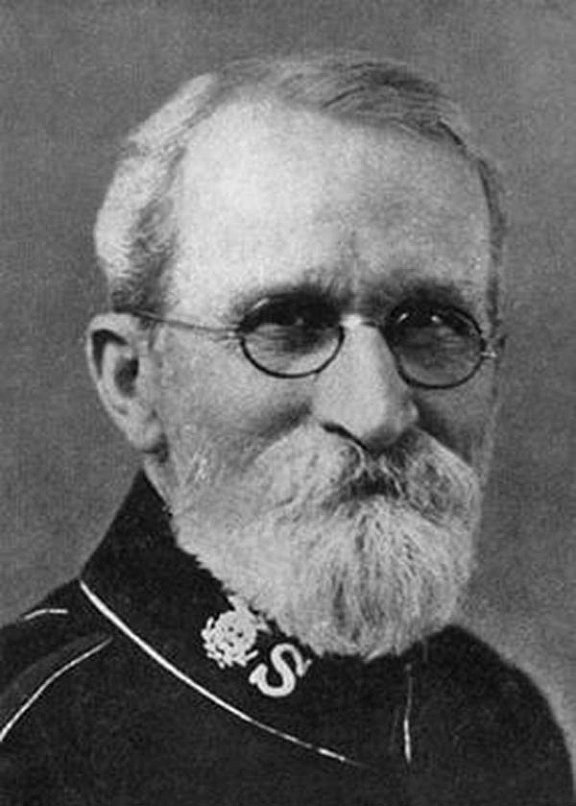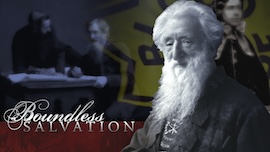Spiritual Power Followed Brengle's Moment of Surrender

Samuel Logan Brengle wanted to be set apart for God.
SAMUEL LOGAN BRENGLE, preparing to become a pastor in the Salvation Army, was convinced that a person can be sanctified: set apart for God’s use and filled with God’s Spirit. He wrote, “I saw the humility of Jesus, and my pride; the meekness of Jesus, and my temper; the lowliness of Jesus, and my ambition; the purity of Jesus and my unclean heart; the faithfulness of Jesus, and the deceitfulness of my heart; the unselfishness of Jesus, and my selfishness; the trust and faith of Jesus, and my doubts and unbelief; the holiness of Jesus and my unholiness. I got my eyes off everybody but Jesus and myself, and I came to loathe myself.”
For weeks he could hardly sleep. Finally on the morning of this day, 9 January 1885, he woke early and made up his mind he must be sanctified that day or he would be eternally lost. But he could not find peace: “I was seeking the Holy Spirit that I might use Him, rather than that He might use me.” He was hoping for a big church and thinking that even in a little church he could shine as a speaker. Finally he was able to ask God to put him in even the most out-of-the-way place, or even make him stammer in the pulpit—if only God would be with him.
The battle still was not over. Not until he believed God’s promise, “If we confess our sins, he is faithful and just to forgive us our sins and cleanse us from all unrighteousness,” did he find peace.
He came from his room with a glowing face and a life so transformed that he became one of the most frequently cited examples of instant sanctification in holiness literature. He himself said, “We should be holy because we are most solemnly assured that without holiness ‘no man shall see the Lord.’”
Brengle married Elizabeth Swift two years later, in 1887. After a short stint of training in England with William Booth and other Salvation Army leaders, he and “Lily” returned to the United States to continue work with the Salvation Army in New England. They were a loving couple and the separations necessary because of his work caused them great pain. Elizabeth once wrote, “I feel bisected; my body is here, but my heart is away with you.”
Booth appointed Brengle to head a Boston Corps. An antagonist threw a brick at him, which hit him in the head. For days no one knew whether he would live or die. It took him eighteen months to recover. During his recovery he wrote a series of articles on holiness for the War Cry, a Salvation Army paper. These were translated into a dozen languages. Later, when the Salvation Army split, he helped rally the remnant and remind them of their calling to fight sin and win souls.
Despite the brick to his head, he outlived his beloved wife by almost twenty years, dying in 1936. To the end he preached holiness.
—Dan Graves
--------------
Brengle was firmly embedded in the tradition of the movement founded by William Booth. Learn more of the history of the Salvation Army in : Boundless Salvation, William Booth and the Salvation Army. Watch at RedeemTV
Boundless Salvation can be purchased at Vision Video







